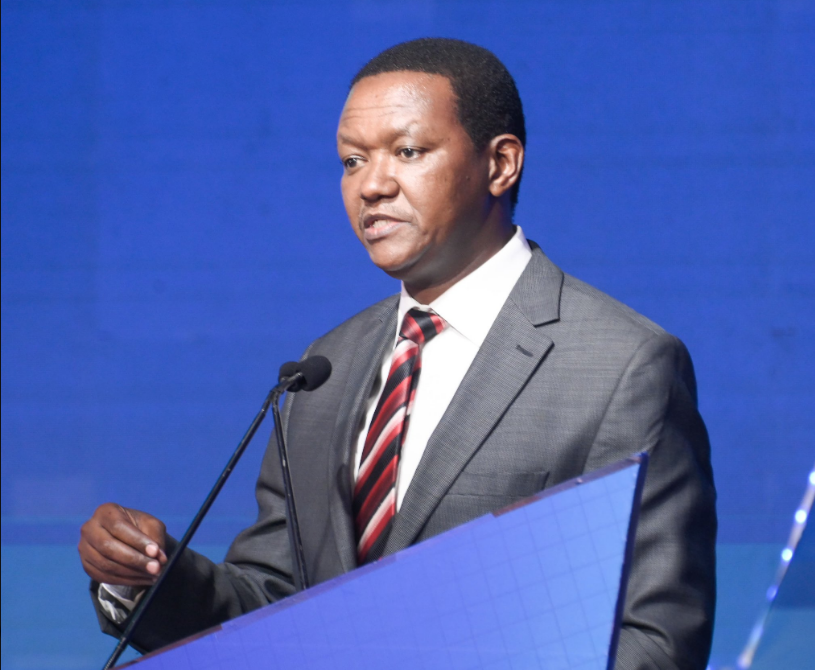
The government is keen to protect the rights of its citizens working abroad, Labour and Social Protection Cabinet Secretary Alfred Mutua has said.
On Wednesday, Mutua revealed that his ministry is pursuing legal action against unregistered or unscrupulous agencies that have exploited workers.
“Under my leadership, I’m not going to allow anybody to be conned when I’m watching,” he warned.
Registered agencies are now required to refund money in the event of job cancellations or delays, a major shift towards accountability in labour migration processes.
He called for vigilance and responsibility from those seeking overseas opportunities, urging potential migrant workers to verify recruitment agencies with the National Employment Agency before committing financially.
“Don’t give out Sh200,000 to someone without doing your research. Check if the agency is registered. Ask questions,” he said.
“When you are travelling overseas, you need to know what you are going to do. You need to be very clear.”
Mutua underscored the importance of pre-departure training to prepare workers for what to expect abroad.
He was speaking in Mombasa during a high-level Labour Migration Advisory Group meeting that brought together International Labour Organization, government officials and development partners.
The stakeholders convened to explore how to better safeguard the rights and welfare of migrant workers, many of whom continue to face challenges particularly in Gulf countries.
While government oversight is essential, sustainable social protection must also be built on inclusive dialogue.
Aida Awel, chief technical advisor at the ILO, highlighted the organisation’s approach of tripartism—working with governments, employers and workers to shape fair and inclusive labour standards.
“Social dialogue is at the heart of what we do. To find any solution, we have to talk. Everyone has their own interests and unless we discuss and find common ground, we cannot move forward,” she said.
Each year, during the International Labour Conference in Geneva, member states participate in shaping global labour policies.
However, these conversations are not just for the international stage—ILO encourages governments and stakeholders to engage in ongoing national-level dialogue to address local labour issues and ensure decent working conditions for all, including migrant workers, she said.
Omar Osman, the general secretary of the Federation of Somali Trade Unions painted a grim picture of the challenges faced by Somali workers abroad, especially in the Gulf.
"Our workers have been subjected to horrendous abuses,” he said.
“They are denied the right to organise, the freedom of association and even basic occupational safety. Wage theft is rampant and many have no access to justice,” he said.
These challenges are not unique to Somalia, he noted, but are shared across the Eastern Africa region.
Osman called for harmonised action to enforce labour rights.
“The ILO standards are our safety net. We must domesticate them and integrate them into our bilateral agreements with destination countries like Saudi Arabia, Qatar, the UAE and Kuwait.”
He advocated for continued social dialogue as a pathway to peace and justice.
“In my country, we say ‘Let us talk means let’s make peace.’ We need to make efforts to restore peace, protect the rights of workers and end the impunity. We cannot allow these injustices to continue.”











